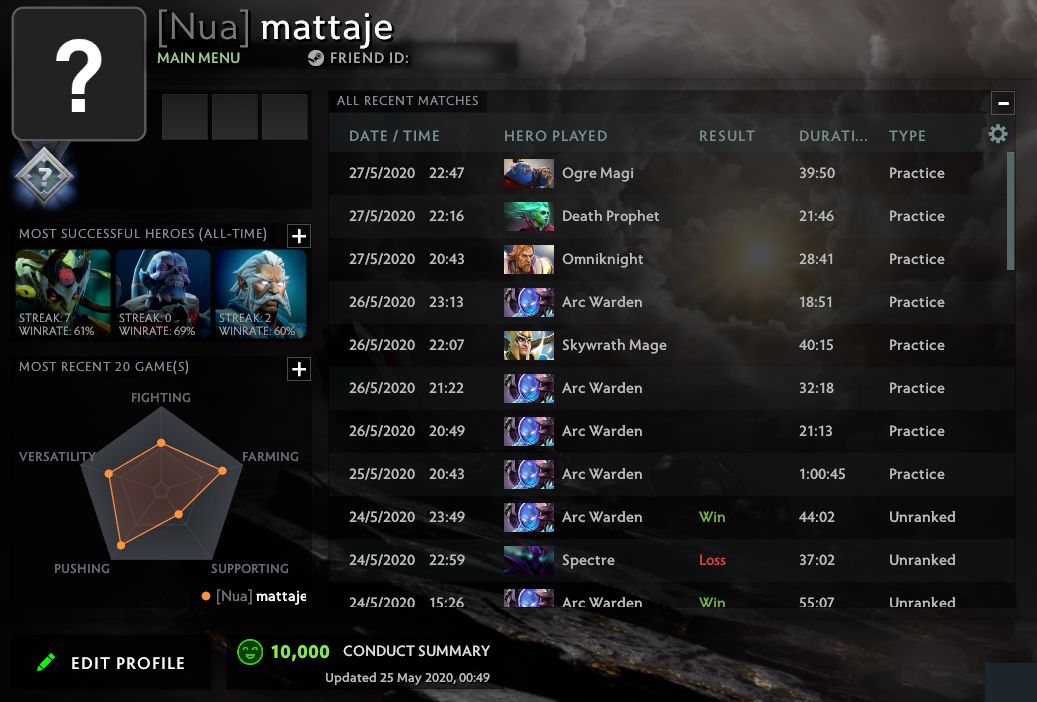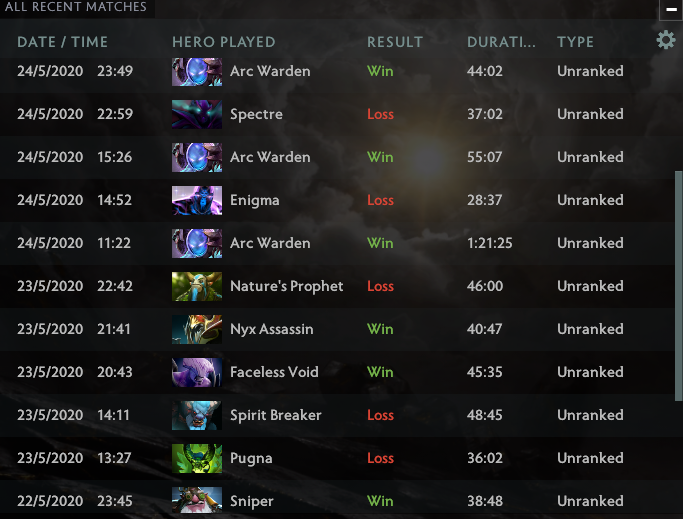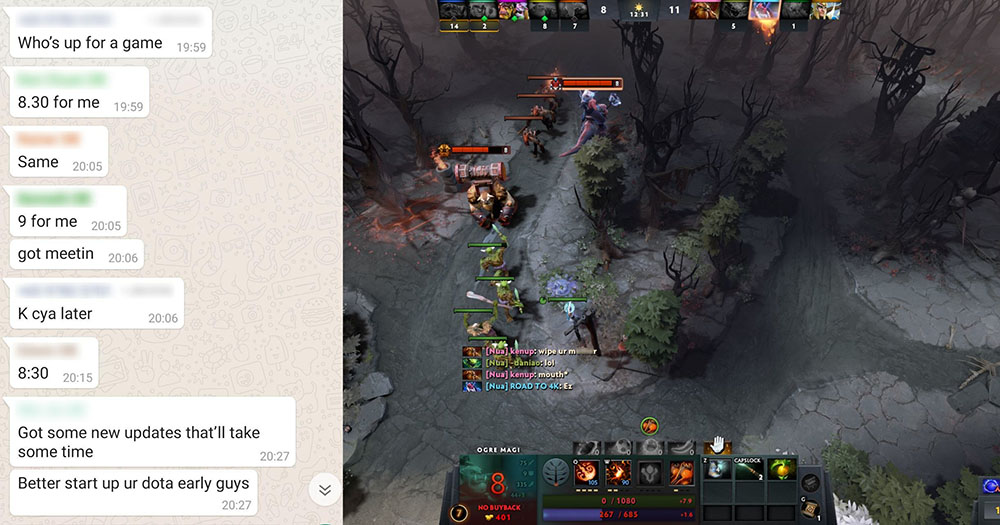FIRST-PERSON: With the Circuit Breaker ending, and the gradual rolling back of measures expected to begin, the author reflects on how playing a video game has helped him cope with the Circuit Breaker.
The Circuit Breaker (CB) is ending.
And the past two months have been a strange time for all of us.
During such tough times, I recognise that I'm still lucky to have a job and a stable household. Not everyone is as privileged or fortunate.
Yet I cannot help but still feel frustrated and anxious at the situation.
And everyone has developed different strategies in response to the need to stay at home.
Some have used the time for fruitful means. I know of friends who have decided to self-study a new language like Japanese or pick up either cooking or baking.
Which is all well and good. I am genuinely happy for these people. But it also got me thinking about my... lack of productivity(?).
Sure, I could have taken one of Coursera's or Harvard's free courses in my spare time, in the name of upskilling myself for a post-Covid-19 world.
But well, I didn't. In fact, the most 'productive' thing I did was probably to play over 120 games Dota 2 with my friends within 53 days.
(For the uninitiated, Dota 2 is a multi-player online game that has brought about one of the world's biggest eSports events, known as The International, which had a prize pool of US$35 million (S$49.6 million) when it was last held in Shanghai in 2019.)
And yes, I spent a grand total of around 90 hours on it this CB.
 Screenshot from Dota 2
Screenshot from Dota 2
But do I regret it? Absolutely not.
We all cope in different ways
As Paul Lim, a lecturer of Organisational Behaviour and Human Resources at Singapore Management University has pointed out, the fact that many of are now largely confined to our flats has had an impact on our psyche, especially since we cannot meet up with friends or head out for leisure activities.
For myself, I find ways to stay sane by catching up with friends over Zoom calls.The few calls I've been in consist of finding out how everyone is doing so far, how they are coping with the CB and Covid-19 in general, and how their working experience has been like in these times.
It's great to speak to friends, but even during such calls, I find that the ever-pressing reality of Covid-19 and the CB tends to occupy a central position to our conversation – which is not the best for alleviating anxieties.
Instead, I found that what was more useful in helping me cope with the global pandemic was actually playing Dota 2. Allow me to explain.
Dota 2 brings people together (in a safe environment)
Before the start of CB, I mostly played on Fridays and the weekend. However, as more and more of my friends became available to play the game on a more frequent basis, I found myself setting aside more and more time for it.
I now play Dota 2 on a daily basis – on weekdays, at 8:30pm, my friends and I will log into the game to play a match. We then play an average of three to four matches, which can last for over three hours until 11:30pm, or perhaps even midnight.
This routine has become a source of comfort as it essentially serves as a social event to look forward to after work.
Once the weekends come around, the number of matches we play can rise to five or six as we usually play in the late morning, early afternoon, and at night.
Immersed in the shared experience of a game, I actually feel a little less alone during such uncertain times.
My friends whom I play Dota 2 with come from a variety of sectors – some are civil servants, another is a contact tracer, and still others are involved in the construction industry. Suffice to say, Covid-19 affects all of them in one way or another.
But the moment five of us are in an online party, working together to achieve Dota 2's winning objective of destroying the other team's main building structure, also known as the Ancient, we are allowed to temporarily divorce our brains from such matters and take a breather.
For those of you unfamiliar with Dota 2, it basically consists of 10 players, split into two teams, with five players on each side. Each player controls a different hero, who have their own unique skills.
Here, Covid-19 and the CB are banished from the mind.
Instead, I am forced to focus on the game at hand, on coordinating with my teammates to make sure we can win, complete with scolding each other over a mic for making a wrong move.
Which brings me to my next point.
Dota 2 is an outlet
We can't possibly devote all of our mental energies to work matters during the CB period.
Neither is it healthy to constantly worry and ruminate about problems that are not within our control, as Jaswyn Chin, senior psychologist in the department of psychology at Tan Tock Seng Hospital (TTSH), has pointed out.
"We often feel impatient about 'fixing the problems' to relieve us of our worries. Unfortunately, not everything can be resolved immediately.
Constant worrying and ruminating about a problem that is not within our control will likely stress us more. Therefore, try giving our minds a breather by distracting it through engaging in pleasant activities."
However, as Lim has further highlighted:
"Singaporeans are a very driven bunch of people and we want things fast, we plan ahead. So (the CB) does affect us in terms of: 'We are not used to it, we're now cramped up in our four walls'."
I must confess, I am one of those people, who like to plan ahead and get easily anxious.
Which is why Dota 2, apart from serving as temporary escape, has also helped to provide a channel for mental stimulation, that would have probably otherwise gone into worry and anxiety.
The game itself has currently 119 different heroes to choose from, each with a different playstyle and different role in the game.
The result is that no two matches have the same experience and the learning curve to fully master the game is endless.
The upshot is that after a night of three to four matches with my friends, I always find myself too tired to think about anything else. Instead, I end up going to bed on either a happy note with a match well-fought, or sulking over how badly a match went and how it was lost.
 Screenshot from Dota 2. No, I do not play ranked matches.
Screenshot from Dota 2. No, I do not play ranked matches.
Playing video games contributes to the flattening of the Covid-19 curve
Playing Dota 2 also means I am less likely to leave the house. After all, home is where the WiFi and power source is.
Even the World Health Organisation (WHO) has acknowledged that gaming contributes to fighting Covid-19 in these times, in a joint statement with several companies from the gaming industry.
We’re at a crucial moment in defining outcomes of this pandemic. Games industry companies have a global audience - we encourage all to #PlayApartTogether. More physical distancing + other measures will help to flatten the curve + save lives. https://t.co/QhX0ssN0lH
— Ray Chambers (@RaymondChambers) March 28, 2020
Thank you @RaymondChambers for mobilizing the gaming industry to feature @WHO advice on #COVID19 to their users. We all must #PlayApartTogether to beat the #coronavirus.https://t.co/jJNsjuHlBn
— Tedros Adhanom Ghebreyesus (@DrTedros) March 28, 2020
It's worth noting that this endorsement comes after the WHO declared "gaming disorder" as an official condition in its International Classification of Diseases (ICD) in May 2019, Time reported.
And while the risk of video-game addiction is there, addiction is not the only consequence of gaming.
There can be benefits derived from gaming, such as improving communications, teamwork and problem-solving.
The current circumstances also means that being an avid gamer also has added benefits – gaming at home means you are being a responsible citizen doing your part against the virus.
And given the amount of social interaction, mental stimulation, and civic responsibility Dota 2 has allowed me to fulfil, I don't see myself leaving the house anytime soon.
Have an interesting perspective to share or a commentary to contribute? Write to us at [email protected].
Top image screenshots from Dota 2 and WhatsApp
If you like what you read, follow us on Facebook, Instagram, Twitter and Telegram to get the latest updates.
